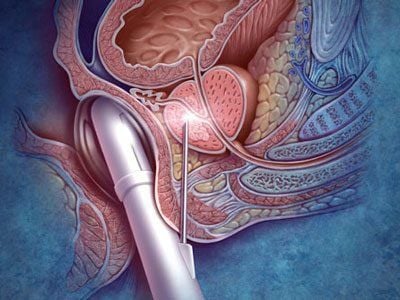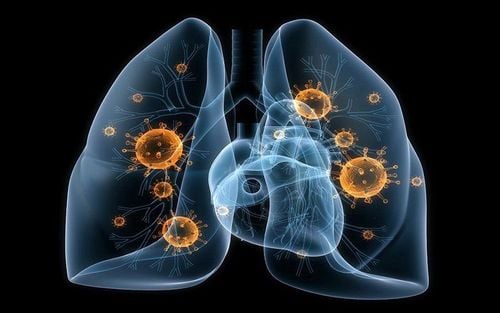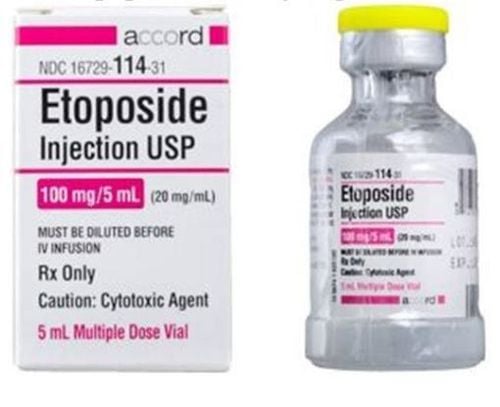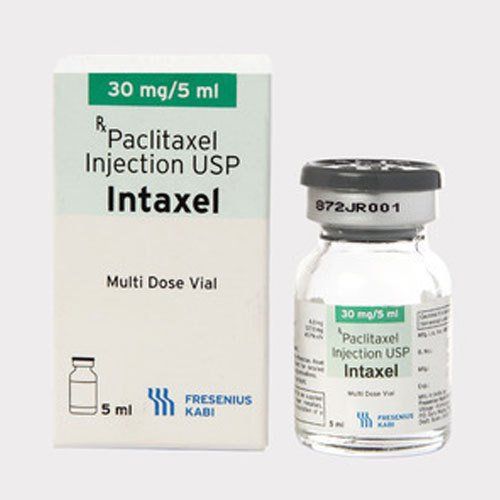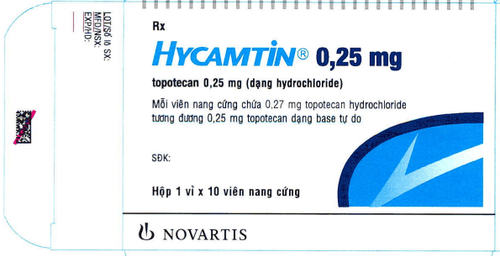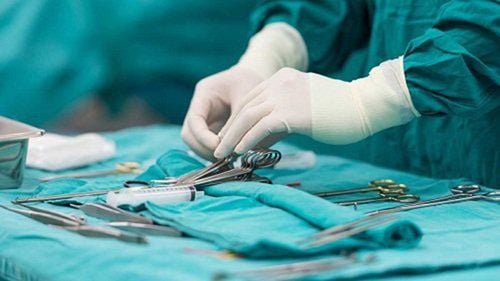This is an automatically translated article.
The article was written by Specialist Doctor I Nguyen Thi Minh Thuyen - Pathologist, Laboratory Department - Vinmec Danang International General Hospital.Cancer can start anywhere in the body. Cancer that starts in the lungs is called lung cancer. It begins when cells in the lungs grow out of control and crowd out normal cells.
1. What is lung cancer?
Cancer cells can spread to other parts of the body. Lung cancer cells can reach the brain and grow there, called metastasis. Cancer is always named where it started. So, when lung cancer spreads to the brain (or anywhere else), it's still called lung cancer. It is not called brain cancer unless it starts in cells in the brain.
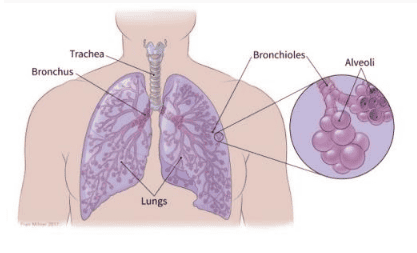
Lungs consist of 2 sponge-like parts located in the ribcage. Right lung has 3 lobes, left lung has 2 lobes. The lungs carry air in and out of the body, taking in oxygen and removing carbon dioxide (CO2).
The trachea carries air down to the lungs, separating into 2 tubes called bronchi.
2. Are there many types of lung cancer?
The main types of lung cancer are:
Small cell lung cancer Non-small cell lung cancer Treatment will vary by type. Your doctor can tell you more about the type of cancer you have.
3. Diagnosis of lung cancer
Your doctor will ask questions about your health and do a physical exam. If your symptoms point to lung cancer, you'll be offered more tests.Here are some tests you may need:
Chest X-ray: this is usually the first test to look for spots on the lungs. If there is a change, you will need more tests. CT scan: A special type of X-ray that takes detailed pictures of the inside of your lungs, CT can also be used to help guide a biopsy.
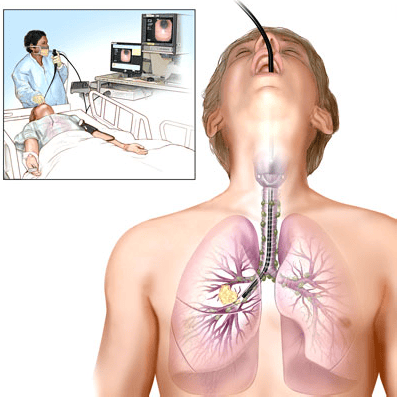
PET scan : in this test, you are given a sugar (sugar) so you can see the inside of your body with a special camera. If cancer is present, sugar appears as “hot spots” where the cancer is found. It can help doctors when they think the cancer has spread, but don't know where. Bronchoscopy: a thin, light, portable tube is inserted through the mouth into the bronchi. The doctor can look through the tube to look for a tumor, and it can also be used to do a biopsy. Blood tests: blood tests are not used to look for lung cancer, but are done to help your doctor better understand your health. Lung biopsy: in a biopsy, the doctor removes a small piece of tissue or fluid that suspects cancer. It is then sent to the Pathology laboratory to check for cancer cells. A biopsy is the best way to know for sure if you have cancer. There are many types of biopsies and how they are done. Ask your doctor about the type of biopsy you need. Each type has indications and contraindications. Which type to choose depends on each case.
Questions you can ask the doctor
What tests will I need? Who will perform these tests? Where will these tests be done? Can anyone explain these tests to me? How is the test done and when will I get the results? Who will explain the results to me? What do I need to do next?
4. Severity of lung cancer
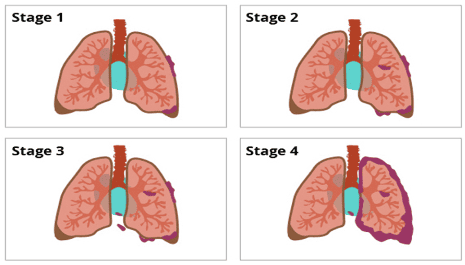
If you have non-small cell lung cancer, your doctor will want to know how far it has spread, which is called staging. You've probably heard other people say their cancer is stage 2 or 3. Your doctor will stage your cancer to help decide what type of treatment is best for you.
Disease stage describes the spread of cancer through the lungs, as well as whether the cancer has spread to nearby organs or to more distant organs.
Your disease stage can be stage 1, 2, 3 to 4 . The lower the number, the less the cancer has spread. A higher number, for example stage 4, means the cancer is more serious and has spread outside the lung. Be sure to ask your doctor about your cancer's stage and what it means.
Questions you can ask the doctor
Does the doctor know the stage of my cancer? If not, how and when will the doctor determine the stage? Will the doctor explain to me what stage means in my case? Based on the stage of cancer, how long do you think I will live? What will happen next? Vinmec International General Hospital is one of the hospitals that not only ensures professional quality with a team of leading doctors, modern equipment and technology, but also stands out for its examination and consulting services. and comprehensive, professional medical treatment; civilized, polite, safe and sterile medical examination and treatment space. Customers when choosing to perform tests here can be completely assured of the accuracy of test results.
Please dial HOTLINE for more information or register for an appointment HERE. Download MyVinmec app to make appointments faster and to manage your bookings easily.
References source: American Cancer Society





